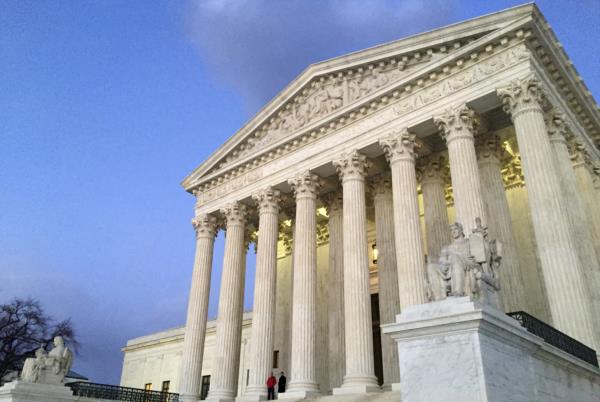
The Supreme Court declined to hear an appeal challenging Mississippi's practice of disenfranchising individuals convicted of certain felonies, including nonviolent offenses. This decision leaves intact the state's Jim Crow-era law that permanently strips voting rights from those who have completed their sentences.
The full 5th U.S. Circuit Court of Appeals previously ruled that the state legislature, not the courts, should address any changes to the law. The court rejected the argument that the permanent loss of voting rights constitutes cruel and unusual punishment.
Despite efforts to bring the issue before the Supreme Court, the justices declined to take up the case in 2023. Justice Ketanji Brown Jackson, in a dissent joined by Justice Sonia Sotomayor, criticized Mississippi's list of disqualifying crimes as having been created with discriminatory intent.
Individuals affected by the law are predominantly disenfranchised for life, as Mississippi offers limited avenues for restoring voting rights. Critics argue that the state's felony voting ban is a remnant of segregation, with roots in the state's 1890 constitution that targeted crimes believed to be more commonly committed by Black individuals.
Statistics reveal that nearly 50,000 people were disenfranchised under the state's felony voting ban between 1994 and 2017, with over 29,000 having completed their sentences. A significant portion of this group, approximately 58%, are Black residents.
To regain voting rights in Mississippi, individuals convicted of disenfranchising crimes must obtain a governor's pardon or secure approval from two-thirds of the state House and Senate. However, in recent years, only a small number of individuals have had their voting rights restored through legislative action.







